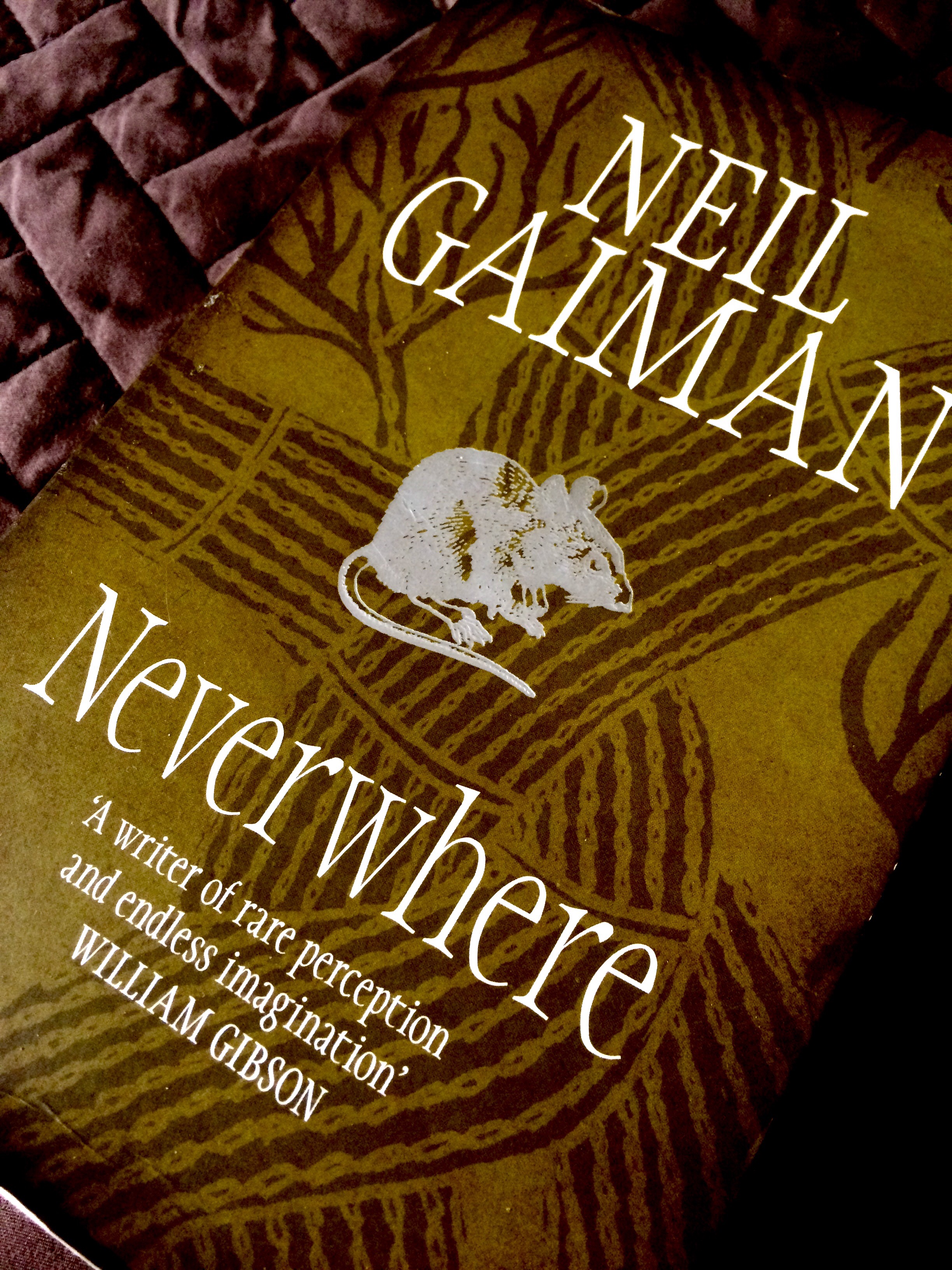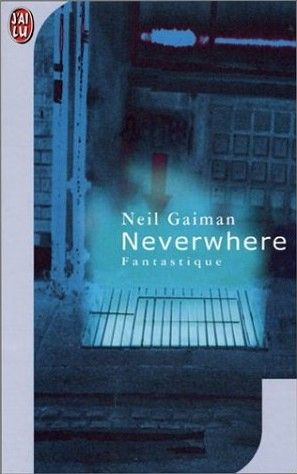

He also, like Dickens, enjoys a well turned phrase or a clever pun, and rarely underestimates his audience's ability to follow him.

Not that Gaiman is on a level with or similar to Dickens, but you can tell he's read a lot of Dickens. The book is also a minor education for us Americans, offering a nice glimpse of modern London culture mixed in with a bit of English history, without interrupting the story to do so. That's a minor criticism-the story is original enough and even the stock characters are portrayed so well that the whole tale is exciting and different and lively. Others are more vivid and intricate, but a little stock. Some of the characters are simple or bare cartoon sketches.

It's not his greatest work, but it's still better than many other people's greatest works. Gaiman likes otherworldly, mythical tales, and this one wanders around English folklore all the while telling a modern fantasy story in a interdimensional underground London. However, Gainman does an excellent job narrating this novel and bringing the story to life. After several previous experiences, I admit I was somewhat apprehensive about an author reading his own work. In the end, Richard finds it is not what we have but who we have that makes our lives worth living. It’s a story of how one man faces death time and again to gain everything he thought he ever wanted – and discovers it has no meaning when it cannot be shared with those he loves. There is an undercurrent, a story within a story if you will, where friendship blossoms, souls grow and mature in situations where both the very best of humanity and the worst of depravity are on display. Deeper though, Gainman brings an unlikely troupe of characters to life. On the surface, its an entertaining tale of an epic journey through the imagination. On the surface, this is a book of nightmares and fairy tales magic and monsters. I normally do not write reviews, but I find this book is still rummaging around in my head long after the read.


 0 kommentar(er)
0 kommentar(er)
